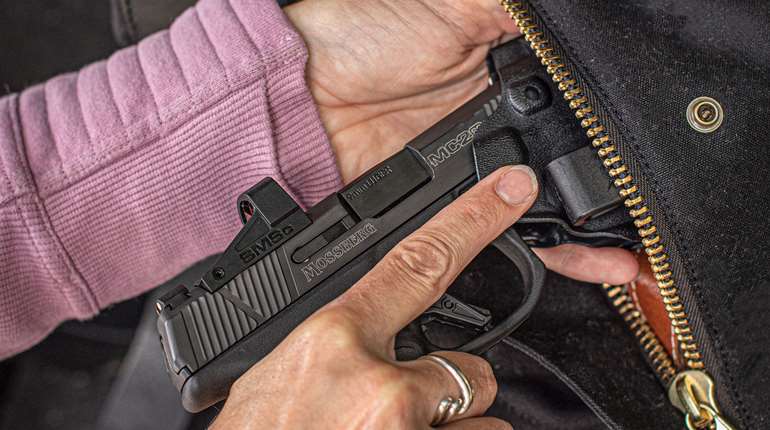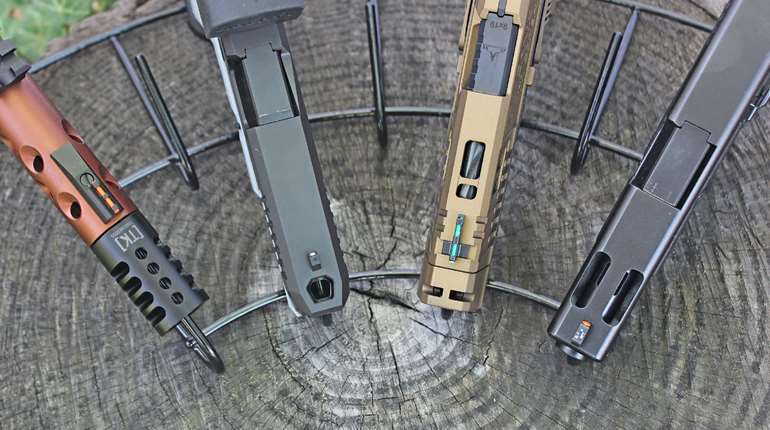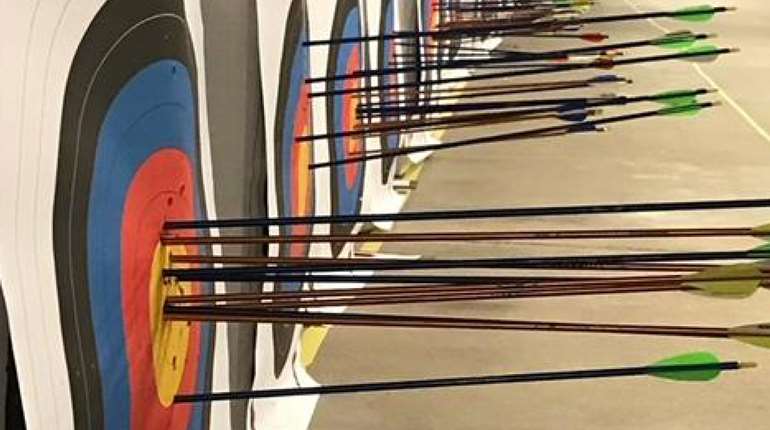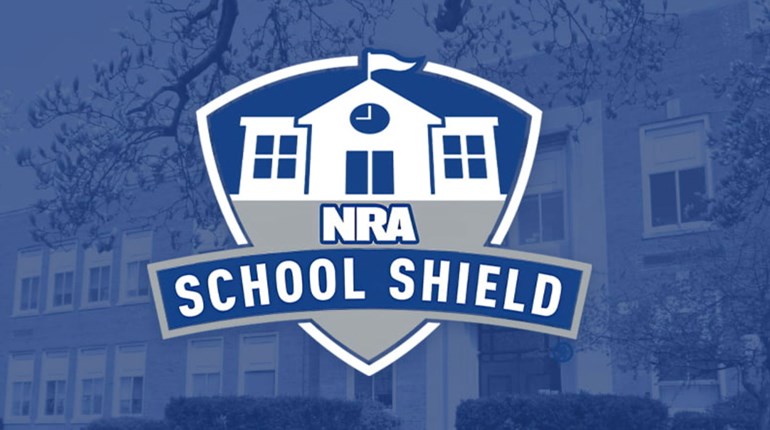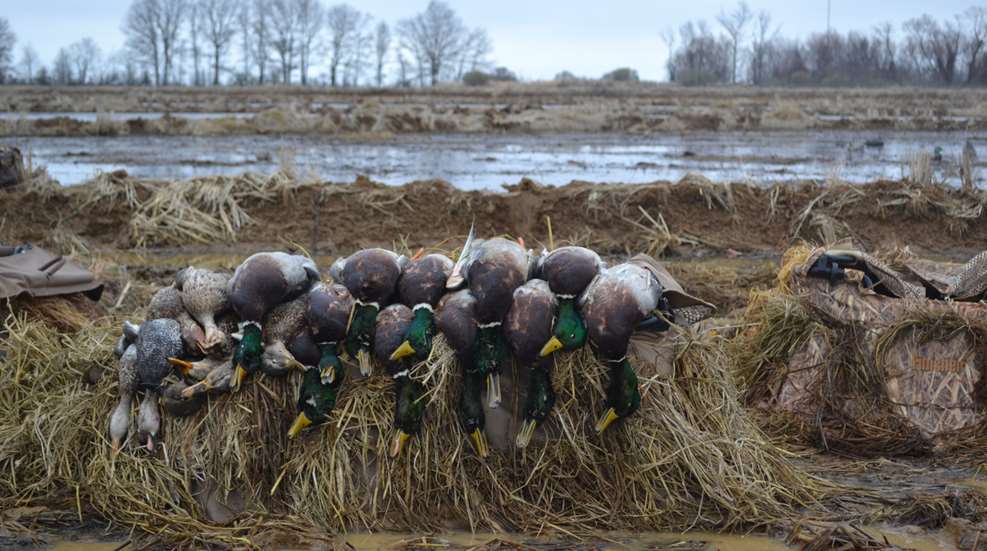
For most species of huntable game, each state has its own set of rules, regulations, permits and bag limits. Migratory birds, including ducks and geese, are the major exception—because they cross through many states on their migration path, they are regulated by the feds. And the feds get pretty testy about their rules. States and flyways might have some additional rules, but in general, here’s what you need to know about federal regulations on possessing and traveling with harvested waterfowl (and we’ll use ducks for the purpose of this article).
First, you need to understand possession limits, which is the number of harvested birds you’re allowed to have in your possession at one time. The continental United States plus Alaska and Canada are divided into four flyways, from east to west: Atlantic, Mississippi, Central and Pacific. Depending on the season, not all four flyways will have the same possession limits. Look up the rules in your state’s guidelines, but possession limits are usually two to three times the daily bag limit. Contrary to what you might read on the internet, fully processed ducks in your home freezer do count toward your possession limit, at least the way I read it (and I’ve specifically read multiple states’ regulations, hunter ed materials and more). Some states specify that the possession limit is multiplied by the number of people in the household—so if the possession limit is 18 ducks and you have four people living in your house, you can have up to 72 ducks in your freezer. But check your state regulations to see if it has anything specifically to say about this before you count on it.
Next, whether you’re crossing state lines or just driving home from the field, there are federal laws about transporting waterfowl. You cannot fully dress or pluck your birds in the field—you must do that at home or have it done at a facility that processes birds. You can do most of the work afield, but until the ducks are at your home or at a processing facility, you must leave the unplucked head or one fully-feathered wing attached to each bird. This allows a game warden to identify your birds and make sure you’re within regulations (i.e., you haven’t shot too many hens, too many of the wrong species, etc.).
I know—it’s convenient to dress the birds in the field, throw them in a cooler and then drive home. And it’s very tempting to dress them when you get back to the hunt club, throw them in the freezer and then drive them to your house in a few days when the hunting trip is over. But both of those things are illegal. If you want the dress the birds in camp, you must eat them there. You cannot transport them to your home unless the head or a fully-feathered wing is still attached.
Want to give your ducks to your buddy at the end of the hunt? That’s fine, assuming you following the rules about legal transport, but you must tag them before he can take possession of them (and then they will count toward his possession limit). You may not leave ducks in the possession of another person, including a processing facility, unless you tag them with your signature, your address, the total number of birds and species involved, and the dates you harvested the birds.
You will see a ton of misinformation on the internet and in duck camps all around the country about how fully processed ducks in the freezer don’t count toward possession limits (they do) and about how hunt camp is “close enough” to your home that it doesn’t matter if the birds are fully dressed there and then driven to your house (it technically does). Just because some hunters treat these rules casually does mean it’s OK for you to take the risk. It’s easy to stay within federal and state/flyway guidelines as long as you know what they are and follow a few simple rules regarding possession and dressing.

















